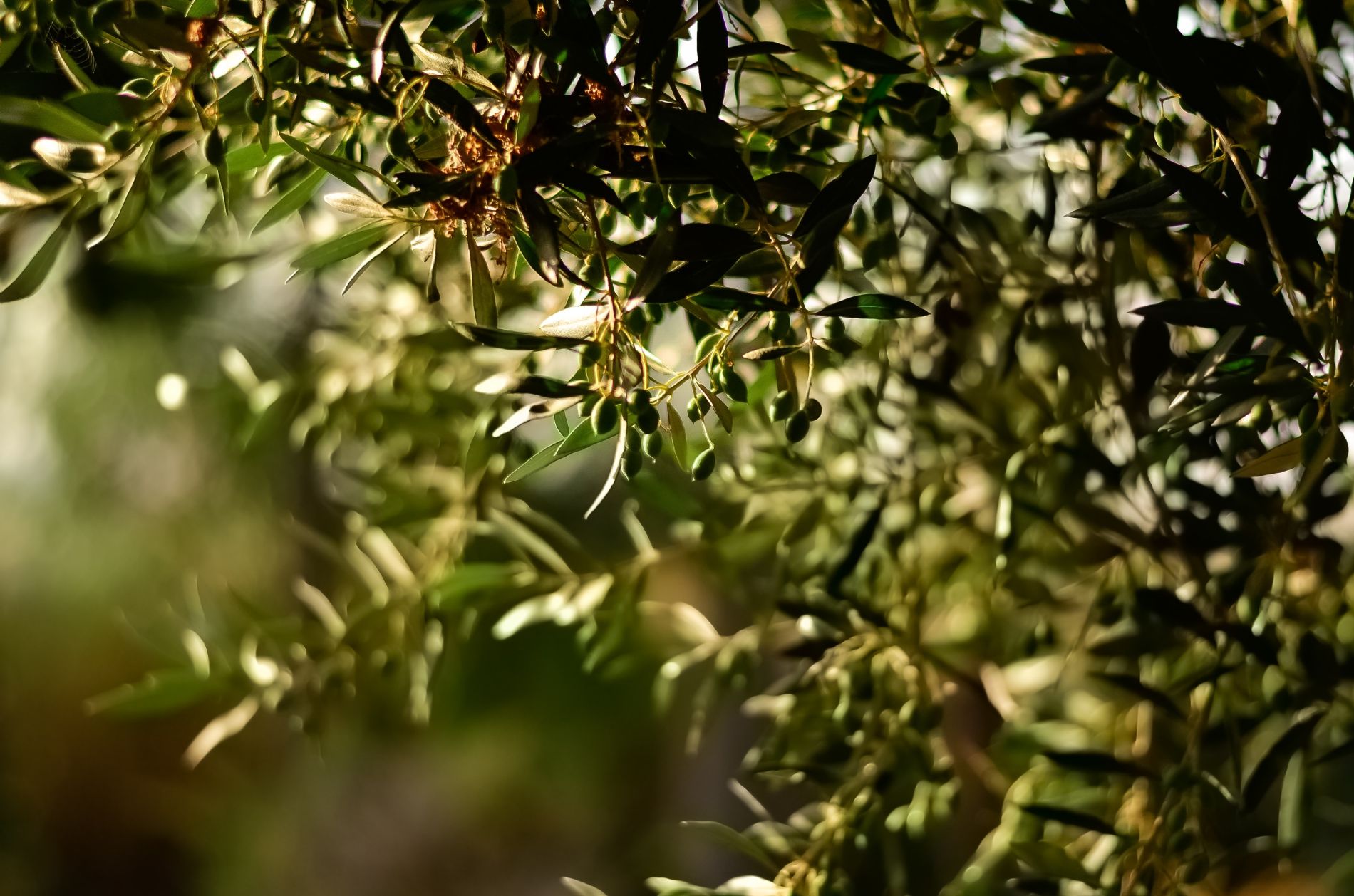
The Olive Oil World Congress (OOWC) has held its official presentation in the city of Beja, Portugal. The event, which was attended by important players in the sector, seeks to promote technological solutions for the future and improve the profitability of plantations in Portugal.
The day began with the inauguration by José Godinho Calado, regional director of Agriculture of Alentejo; Mariana Matos, general secretary of Casa do Azeite; and Pedro Lopes, president of OLIVUM. Ricardo Migueláñez, coordinator of the OOWC, then presented the project, inviting associations, companies and institutions to join this collaborative initiative to amplify the messages and actions aimed at olive oil producers and consumers around the world.
The day continued with the round table 'Technological solutions for olive groves and olive oil', which was attended by experts from the olive industry such as Juan Carlos Cañasveras, Business Development Director of BALAM Agriculture; Andrés Cuenda, agronomic representative for woody crops at Greenfield Technologies; Francisco Mondragão, from the Escuela Superior Agrária de Elvas of the Instituto Politécnico de Portalegre and José Duarte, president of the Cooperativa de Moura e Barrancos and director of the Confederación de Agricultores Portugueses (CAP).
On behalf of BALAM Agriculture, Juan Carlos Cañasveras alluded to all the technology involved in all the processes and projects they develop. The PhD engineer spoke about technological solutions ranging from soil mapping prior to the design of the plantation or different sensors for irrigation management. The BALAM Agriculture representative also presented a project developed together with the firm Agronomus, through the Agrotech Conecta programme promoted by ANDALUCIA AGROTECH. This is a pioneering technology that would allow night-time harvesting of olive groves while actively protecting birdlife, which opens up a new scenario in the defence of biodiversity in agriculture and the olive grove sector.
Cañasveras also spoke of biotechnology in the field of the search for new varieties in the olive grove. At this point, the business development director of BALAM Agriculture presented the new olive variety Sultana, which is the first commercial milestone in the line of collaboration between the University of Cordoba and BALAM for the genetic improvement of high-density olive varieties. Sultana' has shown characteristics that have stood out from the more than 1,400 genotypes that have gone through the different evaluation phases.
"This variety has six characteristics that place it in an outstanding position with respect to any other variety existing to date: higher productivity, early ripening, high fat yield, larger fruit size, reduced vigour and excellent oil quality", explained Cañasveras.
In addition to the presentation of Sultana, Juan Carlos Cañasveras also highlighted the importance of controlled deficit irrigation as a key strategy for dealing with adverse weather conditions and making more efficient use of available irrigation water.
